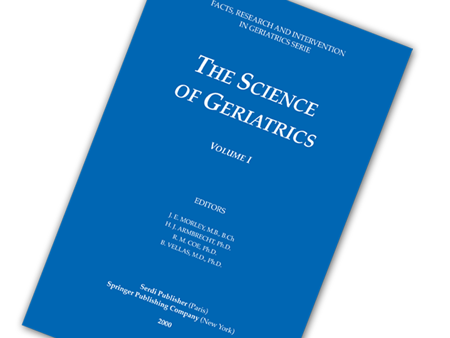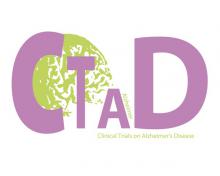Aging in humans is highly heterogeneous and its variability increases with increasing age (1). As a consequence, chronological age is of limited utility for diagnosis, prognostication and treatment guidance. In addition, age by itself is of limited use for the assessment of population health, for the evaluation of initiatives designed to promote healthy aging and for health/social care planning. For these purposes, we continue to rely on age augmented by the reporting of disease through the international classification of disease (ICD) (2). However, as societies age around the world, there is a need to improve the ability to evaluate population health including the maintenance of physical and cognitive function from a holistic point of view and this can be done by enhancing ICD reporting.
(1) J. Muscedere J Frailty Aging 2020;in press



